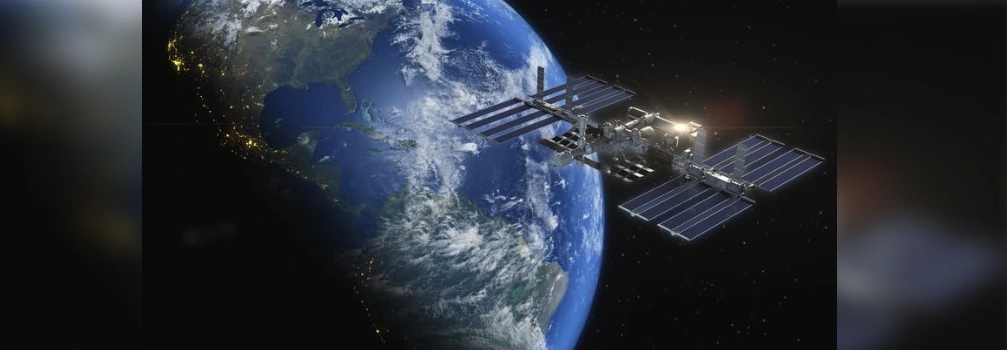New Delhi, June 12: NASA and Axiom Space have deferred the launch of Axiom Mission 4 to the International Space Station (ISS) after a recurring air leak was traced to the Russian segment of the orbiting laboratory.
The leak, located in the aft section of the Zvezda service module, prompted immediate attention from NASA and Roscosmos. “As part of an ongoing investigation, NASA is collaborating with Roscosmos to understand a new pressure signature in the aft-most segment of the ISS’ Zvezda service module,” NASA said in a statement.
The delay provides room for engineers and mission planners to conduct a thorough analysis of the issue and decide whether further corrective steps are needed. A new launch date for the privately-operated Axiom Mission 4 will be announced once the situation stabilizes.
Zvezda, launched in 2000, has been a vital part of the ISS, housing key life support, propulsion, and crew living systems. Though signs of leakage from the module were initially noted in 2019, recent diagnostics intensified after pressure anomalies resurfaced. Cosmonauts aboard the station recently inspected internal surfaces of Zvezda, sealed possible leak points, and measured air loss. NASA confirmed that after these procedures, the module segment is now holding pressure.
“This pause ensures we continue to prioritize crew safety aboard the station and mission integrity moving forward,” a NASA spokesperson noted.
The Axiom 4 crew comprises four international members: mission commander Peggy Whitson, a veteran NASA astronaut; pilot Shubhanshu Shukla from the Indian Space Research Organisation (ISRO); and two mission specialists—Sławosz Uznanski-Wisniewski of Poland, representing the European Space Agency (ESA), and Hungary’s Tibor Kapu.
The mission was designed as Axiom’s latest private venture to the ISS, with objectives ranging from scientific research to low-Earth orbit technology demonstrations. Despite the delay, NASA reaffirmed its commitment to supporting commercial spaceflight and maintaining international collaboration on ISS operations.

